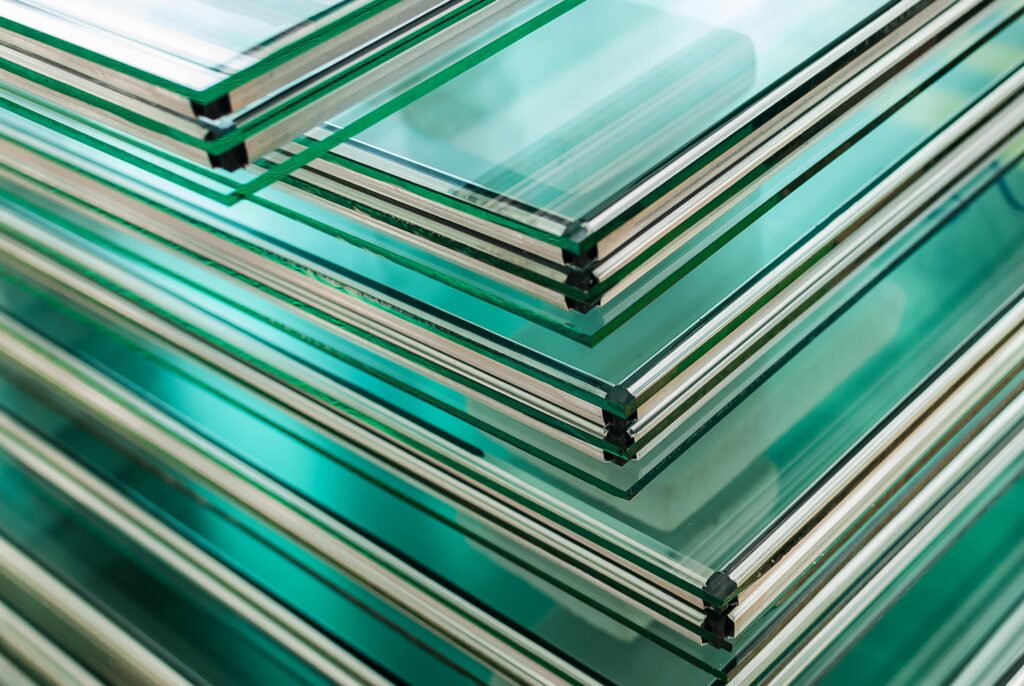
Float glass is the most widely produced form of glass, revered for its versatility and high level of quality. But what exactly is float glass, and why is it such a vital part of countless design applications? Let’s delve further into this remarkable material.
Float glass, put simply, is a form of flat glass crafted from typical raw materials such as sand and limestone. The process involves carefully pouring molten glass onto a bed of molten metal, commonly tin, where it spreads out and forms a uniform sheet. This method ensures consistent thickness, flatness, and surface integrity.
1. Unmatched Clarity: Float glass boasts exceptional light transmittance, offering unobstructed views and inviting natural daylight into interior spaces. Its clarity not only enhances visual comfort but also reduces the need for artificial lighting, contributing to energy efficiency.
2. Ease of Processing: Thanks to its relatively simple manufacturing process, float glass can be produced in a timely, cost-effective manner. Its flexibility during production also means that it can be effortlessly shaped and manipulated to suit various design requirements.
3. Impressive Durability: Float glass is built to withstand the test of time, making it a sustainable choice for architectural projects. It can also be recycled indefinitely to ensure minimal environmental impact.
4. Versatile Design Options: From a spectrum of aesthetic choices to functional coatings for enhanced UV protection, float glass offers boundless design possibilities. It can be customized to elevate any space and accomplish a variety of functional and stylistic objectives.
1. Architectural Glass: Thanks to its transparency and resilience, float glass finds widespread use in windows, doors, and curtain wall façades. It allows designers to blur the boundary between indoor and outdoor spaces with sleek partitions or create modern work environments that are far more light-filled and open, fostering collaboration and boosting morale.
2. Safety Glass:
Through additional processes like tempering and laminating, float glass can be fortified to increase strength and security. Tempered glass, in particular, undergoes rapid cooling to enhance its toughness, making it ideal for situations requiring heightened impact resistance.
3. Decorative Glass:
Float glass often serves as a canvas for artistic expression. Whether it’s intricate patterns etched onto the surface or vibrant colors infused within the glass, these unique, decorative pieces add a touch of elegance to any setting.
As innovations continue to push the boundaries of what’s possible, float glass remains a steadfast symbol of ingenuity and craftsmanship in the ever-evolving world of glass technology. Its unparalleled clarity, durability, and adaptability allow it to embody a harmonious blend of form and function. Whether you’re embarking on a commercial project or revamping your residential space, Architectural Glass is your reliable source for premium float glass. Contact us today!
Copyright © 2023 Architectural Glass, All rights reserved. This website and all materials continued herein are copyrighted and may not be distributed, modified, or reproduced in whole or in part without the prior written permission of Architectural Glass. The images from this site may not be reproduced in any form without the prior written consent of Architectural Glass. Architectural Glass actively and aggressively enforces its intellectual property rights to the fullest extent of the law.
